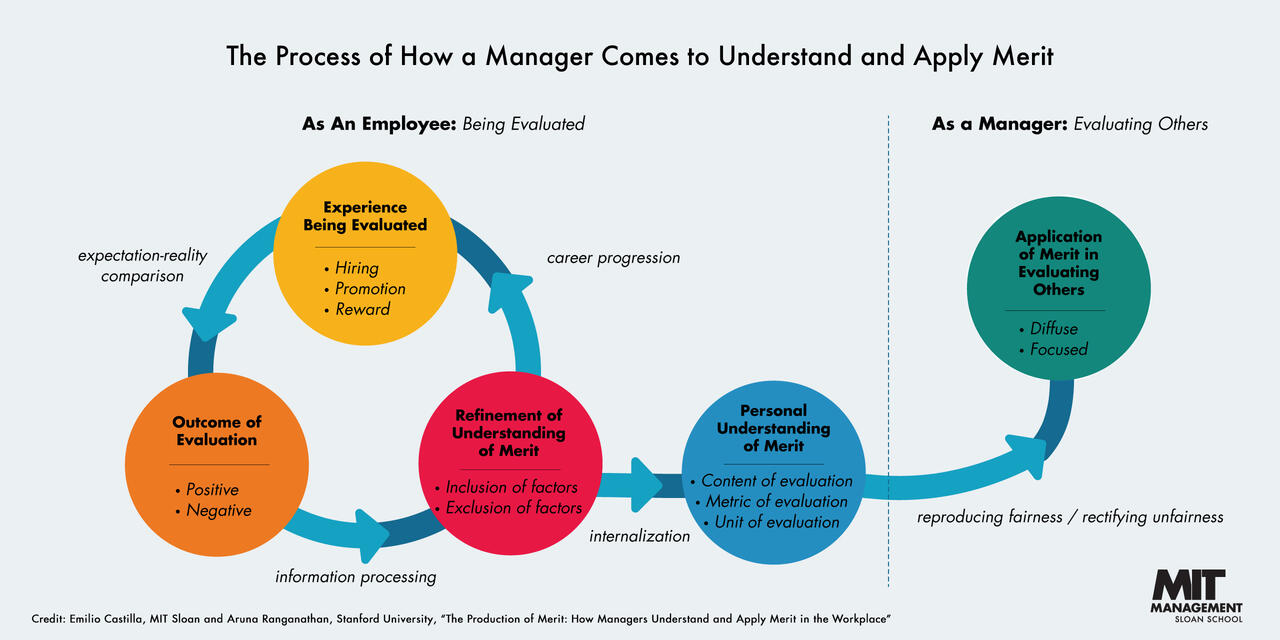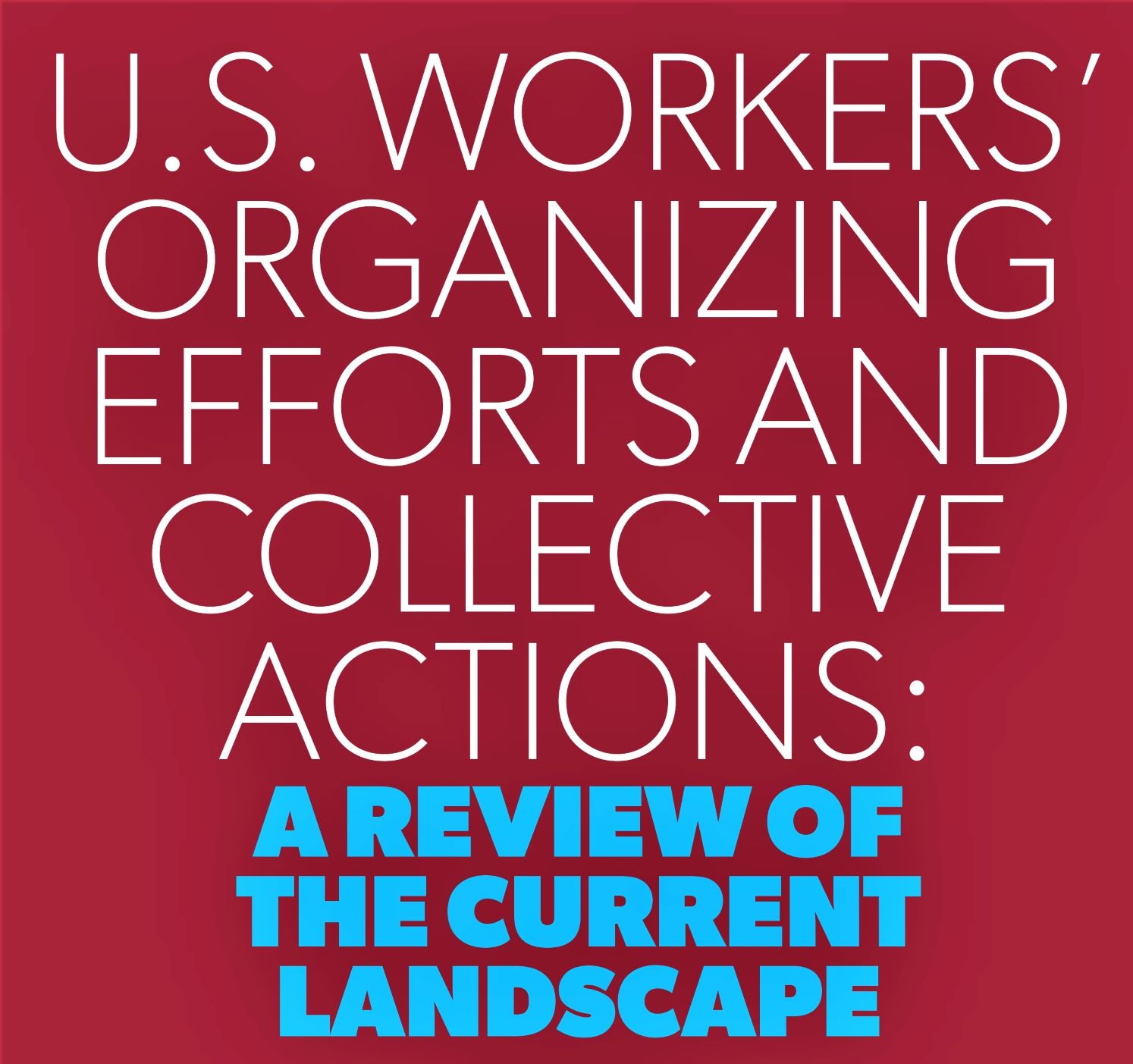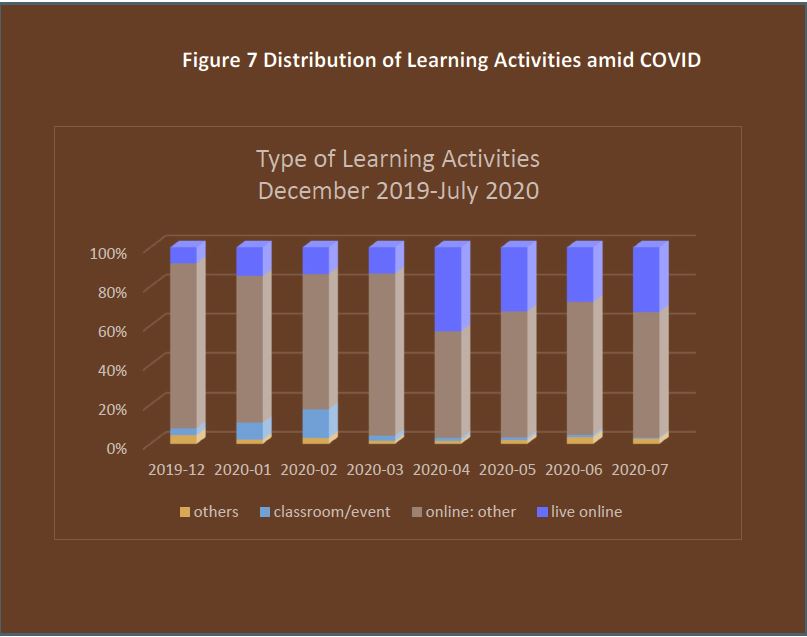
Happier, Healthier, Hybrid: MIT Research Finds Hybrid Work Schedules Promote Employee Well-being
Companies can redesign work to make it healthier for employees and, in the process, help decrease employee turnover.

Companies can redesign work to make it healthier for employees and, in the process, help decrease employee turnover.

To outcompete Big Oil, the clean energy industry needs to unionize.

Whispers about unionization in the video game industry go back at least a decade. Despite the furor and conversation that piece kicked off, the industry has largely been resistant to unionization.

WorkRise has published a new report that reviews and synthesizes academic research on employer practices that foster economic mobility for disadvantaged workers. The report, "Employer Practices and Worker Outcomes: A Landscape Report," was coauthored by faculty affiliated with the MIT Institute for ...

Thomas A. Kochan, a professor at the MIT Sloan School of Management, and Kate Bronfenbrenner, Director of Labor Education Research at the School of Industrial and Labor Relations at Cornell University, have been awarded $225,000 in grant funding from the research network WorkRise to conduct a multi-...

Economist Anna Stansbury is joining MIT Sloan’s Work and Organization Studies Group as an Assistant Professor this September, and she will also be part of the faculty of the MIT Institute for Work and Employment Research (IWER).

The MIT Sloan website recently published several brief articles focusing on work by IWER faculty members.

New Report on U.S. Workers' Organizing Efforts and Collective Actions

In a June 2022 CNBC article, MIT Sloan Professor Emeritus Thomas Kochan comments on the recent uptick in unionization efforts among US workers, and what managers need to understand about it.

This report by Fei Qin, an Associate Professor in Management at the University of Bath, and Thomas A. Kochan, the George M. Bunker Professor at the MIT Sloan School of Management, describes what the authors believe to be a state‐of‐the‐art learning system at IBM Corporation and traces the effects of...